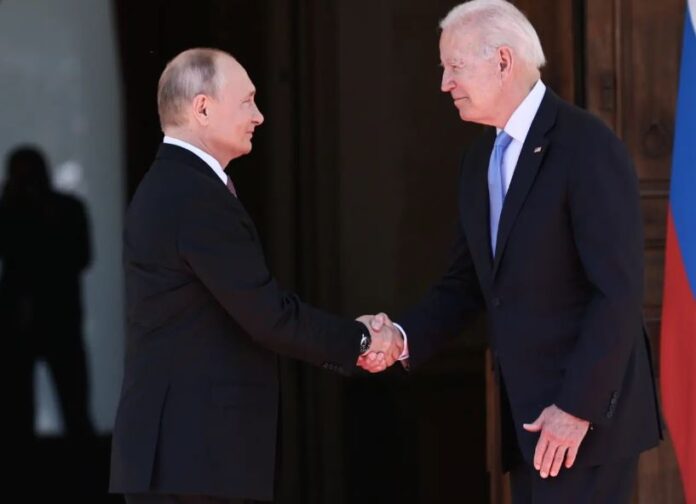Russia has confirmed that it will not enter negotiations for a new nuclear arms control treaty to replace the New START agreement, which is set to expire in 2026. The announcement was made by Kremlin spokesman Dmitry Peskov, who reiterated President Vladimir Putin’s stance that future discussions on nuclear arms must involve broader considerations, including the inclusion of other states and European military nuclear infrastructure.
Peskov emphasized that addressing strategic weapons cannot be done in isolation from these factors. The decision comes after Russia suspended its participation in the New START treaty in response to U.S. support for Ukraine. Despite the suspension, both Russia and the United States have continued to adhere to the treaty’s limits on nuclear warheads and missiles.
The New START treaty, which came into force in 2011, is the last remaining arms control agreement between the two nuclear powers. Its potential lapse without a replacement could lead to heightened global concerns about arms proliferation.
Key Points
Russia Refuses New Treaty Negotiations: Russia will not negotiate a new nuclear arms control treaty to replace the New START agreement, expiring in 2026.
Kremlin’s Broader Approach: Kremlin spokesman Dmitry Peskov stated that future talks must include other states and European military nuclear infrastructure, as previously highlighted by President Putin.
Suspension of Participation: Russia suspended its participation in the New START treaty due to U.S. support for Ukraine.
Continued Compliance: Despite the suspension, both Russia and the U.S. are still adhering to the treaty’s limits on nuclear warheads and missiles.
End of New START: The New START treaty, the last major arms control agreement between the two nations, is set to lapse in 2026, raising global concerns over nuclear proliferation.



